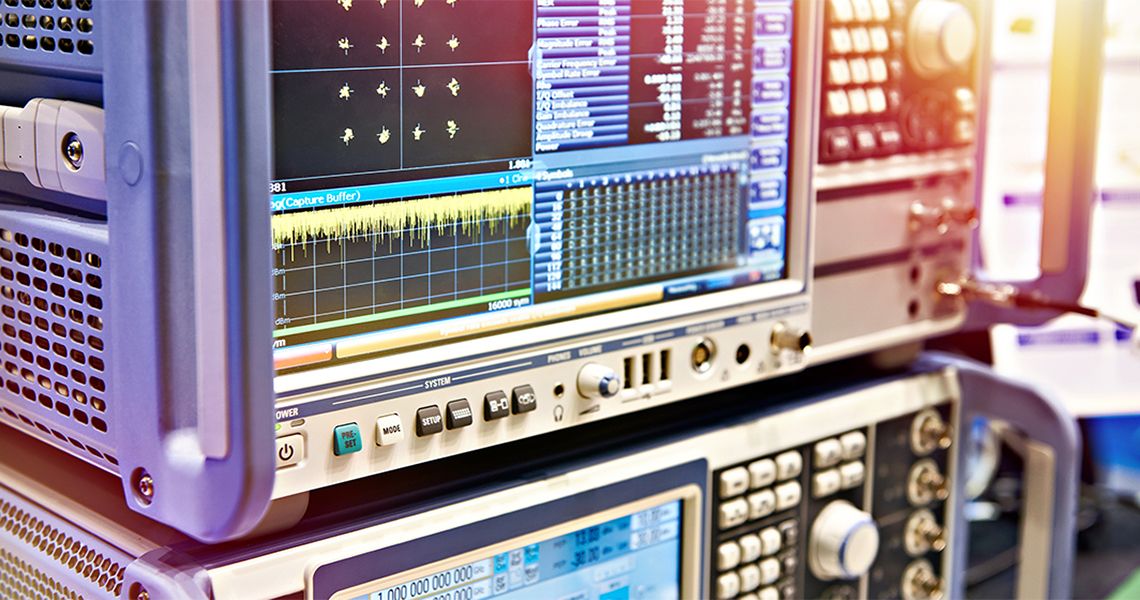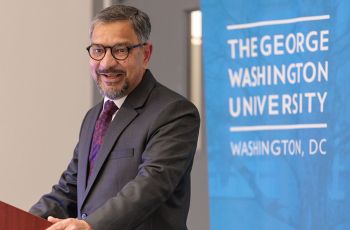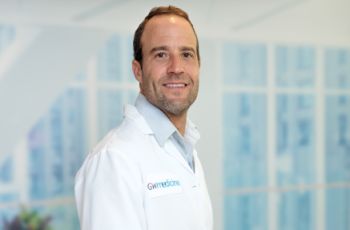The proteomics core laboratory at Children's National Research Institute is located in the Center for Cancer and Immunology Research. The facility provides mass spectrometry (LC-MS/MS) services for protein identification and quantitation for researchers from across the George Washington University (GW). Mass spectrometry is used to identify unknown compounds through molecular weight determination, to quantify known compounds and to determine structure and checmical properties of molecules (Broad Institute, n.d.).
Services offered by the proteomics core include:
- Protein identification from gel bands and/or protein mixtures digested in solution
- High resolution peptide analyses from cell, tissue, body fluid samples
- Quantitative proteomics using stable isotopes (e.g. SILAC, TMT) as well as label-free approach
- Targeted proteomics applications (e.g. biomarker validation and screening)
- Consultancy in project design, sample preparation training, proteomic data analyses
Core personnel run samples on mass spectometry platforms and perform associated data analyses. Each user is responsible for their sample preparation. The cost to run samples, including database search is $45/hour of LC-MS/MS time. The training and consultancy components are complementary. The core provides quick turnaround time for most types of sample analyses.
To learn more about the proteomics core, please visit childrensnational.org/research-and-education/research-resources/core-facilities/proteomics-core
References:
Broad Institute (n.d.). What is mass spectrometry? Retrieved from https://www.broadinstitute.org/proteomics/what-mass-spectrometry




